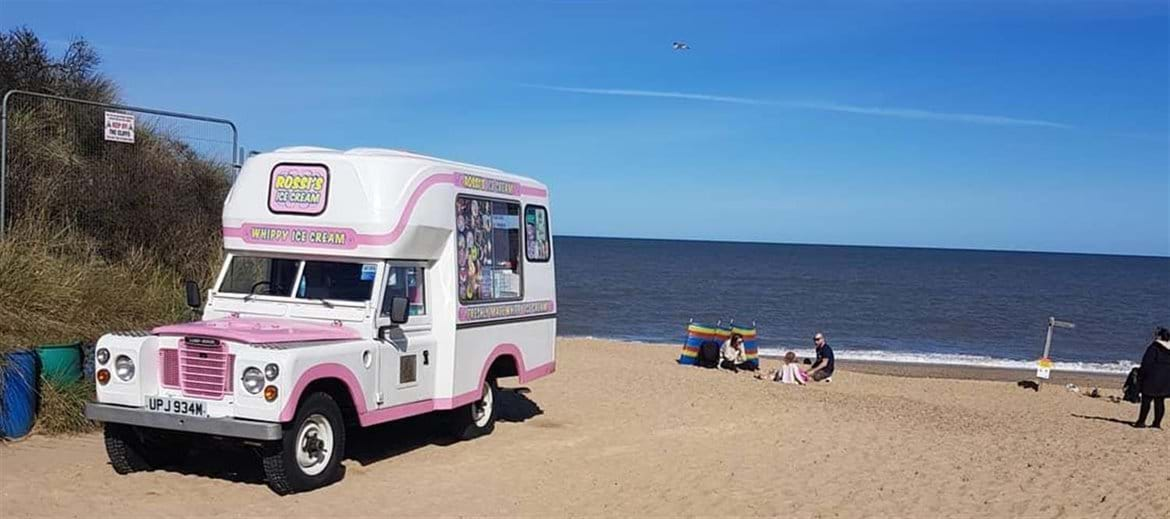New Fire Regulations 1 October 2023
All UK Holiday Lets now have to be compliant with the latest Fire Regulations that came into effect on 1st October 2023. If you rent your accommodation for a fee, it applies to you!
These Regulations can be viewed on the Government website here but we have been broken down into easy to read sections below. These sections apply to Holiday Lets of Ground floor or Ground Floor and First floor accommodation with less than 10 bedrooms.
Fire Risk Assessment - Full length, written assessments, covering all aspects of fire risk, will become a legal requirement for all properties. A full copy of your Fire Risk Assessment must be on display within the property, ideally within your welcome folder. Matron's can help with this service, just email us at Matrons@mail.com to discuss.
Electrical Safety - The electrical installation in your premises should be subject to inspection and test at least every five years. Any work carried out on the electrics within your property should be carried out by a competent electrical contractor. You, as the owner, should carry out visual checks on all appliances to ensure that they appear to be in good condition between lets.
Heating and Hot Water - Heating and Hot Water systems should be subject to annual maintenance by a qualified contractor to ensure that they are well maintained and in good condition. The use of portable heaters should be avoided as far as possible. Ideally, only use heaters fitted with automatic cut off switches, such as oil filled radiators.
Candles - There should be a policy in place prohibiting the use of candles, tea lights etc.
Escape Route and Fire Doors - In most instances it should be possible to accept solid, conventional doors that are a good fit in their frames. This would normally mean a 44mm thick door of solid timber. However, hollow core and thin panel doors as well as any plain glazing in the doors provide little fire resistance and should be replaced with new 30 minute fire-resisting doors.
Exit doors, such as a front or back door should always be easy to unlock and must not need a key to unlock them from the inside. A thumb turn is usually good enough.
Emergency Lighting - Emergency escape lighting is required in all the bedrooms and along any escape route. Plug-in torches are sufficient for this purpose and are simply plugged into the mains plug socket and upon a power failure, they automatically come on and can be used as an escape torch.
Fire Escape Signs - In simple premises, the exit route is likely to be obvious and in daily use, and as such, will be no need for fire exit signs to be provided. However, if the escape route is not obvious you should provide such signage.
Firefighting Equipment - In self catering accommodation, although guests are not expected to use firefighting equipment, you may wish to provide a small multi-purpose fire extinguisher and/or blanket in the kitchen area. Larger DIY shops offer these items.
Long life battery alarms (sealed) known as Grade F1 alarms may be acceptable as a short term measure (2 - 3 years) although mains powered devices (Grade D1 alarms) are preferred and recommended.
Additional equipment is available for warning Deaf or hard of hearing guests in the event of a fire. This comprises of vibrating devices (for installation under pillows) and/or flashing beacons.
Maintenance and Testing - It is important that the fire protection measures provided in your accommodation are maintained in good working order and regularly tested. A suitable record of testing and maintenance should be kept in the form of a log book, or alternatively, records can be held electronically. The testing and recording should be carried out monthly and should include the testing of rechargeable torches and/or escape lights. Smoke detectors should be tested to check that they work and are loud enough to wake anybody that is sleeping. Fire doors should be checked every six months to check for damage and remain a good fit in their frames.

